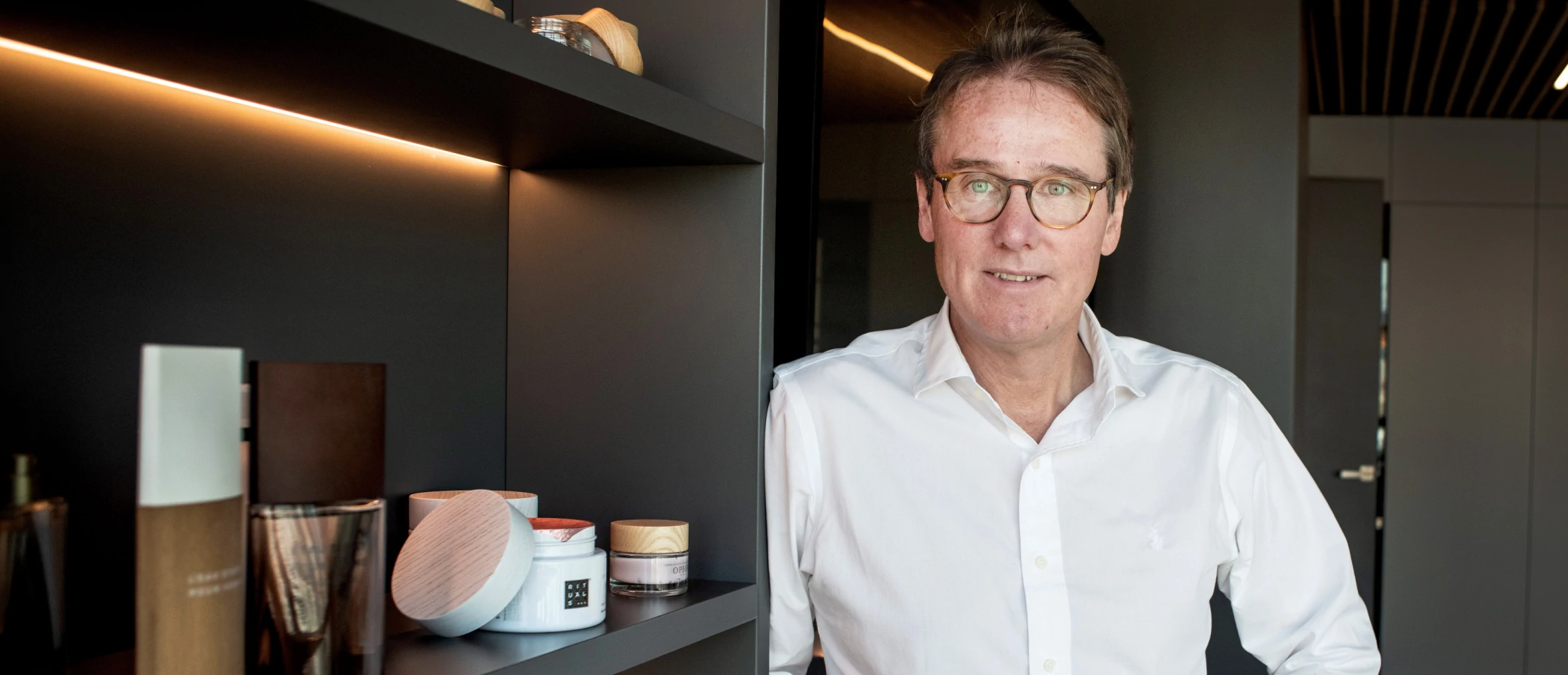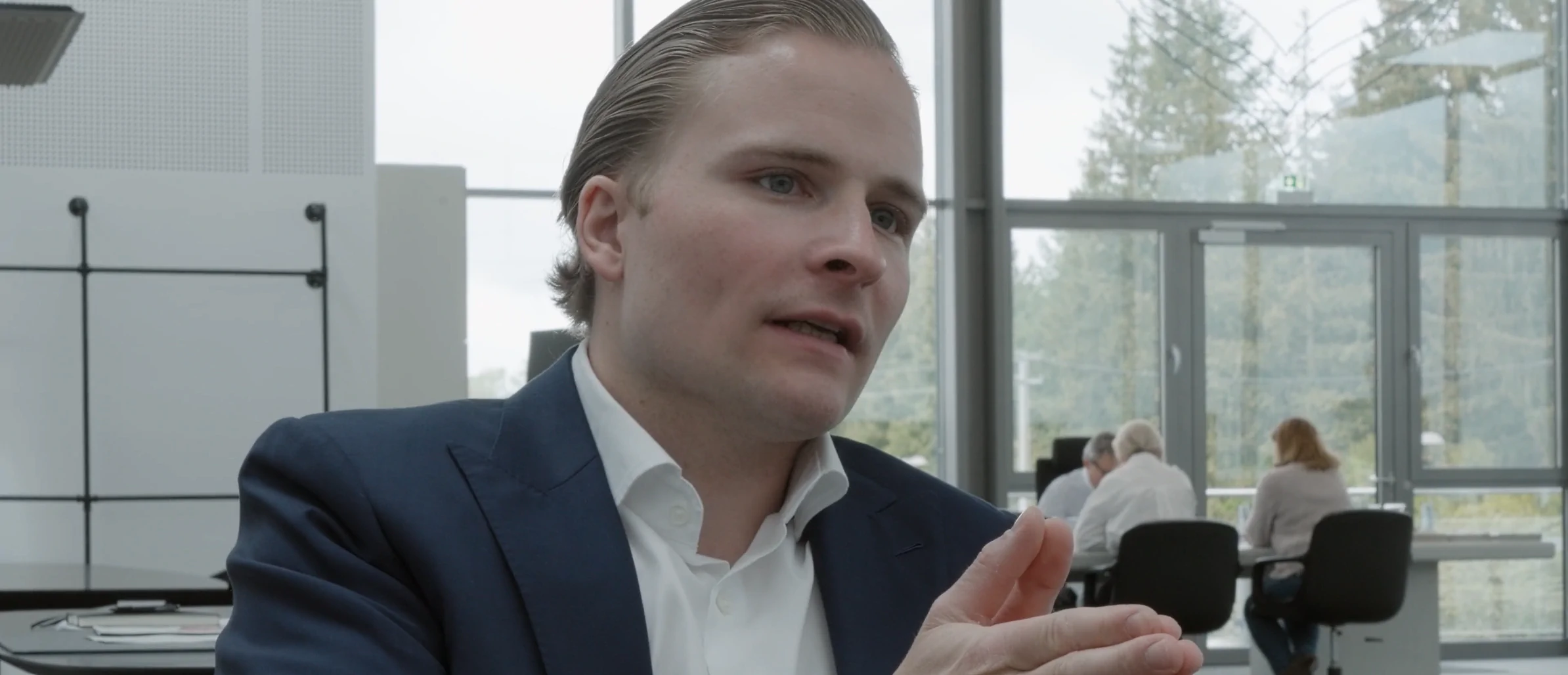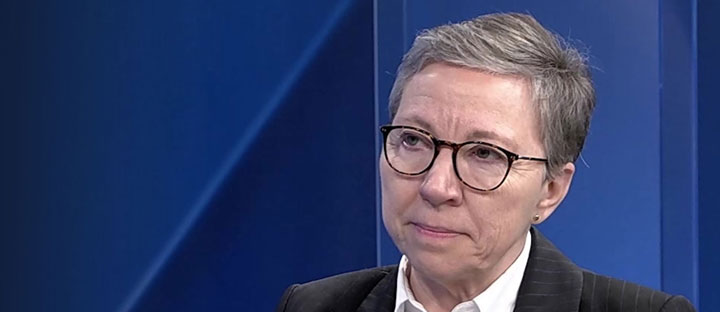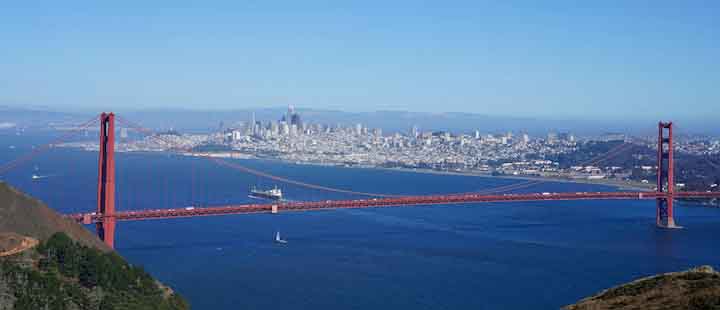Eric Krafft, an investor and the son of a celebrated cruise ship entrepreneur, talks to WERTE about geopolitics, green energy sources and increased independence in supply chains.
Those in the know associate the Krafft family name with the preservation of a rich history of tall ships a full century after they had reached their zenith. But while Mikael Krafft has charted an entrepreneurial course against the zeitgeist in his creation of the successful cruise ship company Star Clippers, his son Eric has set sail for the future as an investor and entrepreneur. Geopolitics, climate change, new forms of mobility, energy storage: these are the topics that enliven the younger Krafft. “I’m interested in the major current issues that are shaping into multiyear trends,” the 46-year-old explains. “As an investor, I get excited about opportunities that to my mind are being overlooked.”
Krafft is Swedish but has lived in the Principality of Monaco for 15 years. And his family has German roots: three centuries ago, an ancestor joined the Swedish kingdom’s military as a professional soldier, then settled in Sweden and received the new name Krafft.
Eric Krafft worked in investment banking in London and New York before overseeing a bulk carrier shipping company in China. These days, he spends time thinking about reductions in transport routes, focussing on how he as an investor could help shape such a ground-breaking development while also deriving commercial benefit.
“Global interest in clean energy, new forms of mobility and reducing greenhouse gases is growing at a rapid pace,” says Krafft. A compelling issue for him is the role the world’s economic giants will play in this long-term development. A “patriotic European”, as he describes himself, Krafft cares about the preservation of European industry, the health of Sweden’s economy and a forward-looking role for sustainable value creation. Apprehension emerges when he reflects on the fate suffered by the European solar industry, at one time a leader: it largely disappeared, due to a lack of political support, among other reasons.
“During the coronavirus pandemic, we’ve seen just how vulnerable supply chains are and the great risk posed by dependency,” Krafft says. In Europe, this has led to not only a desire to support, for example, the automotive industry with giga-factories for battery production, but also the political will to achieve this. “You cannot, however, produce batteries without raw materials,” Krafft points out. “And without the necessary raw materials, a giga-factory is just a giga–building.” Krafft asserts there is huge political support and capital to quickly build these European factories, “but not yet much investment inflow to supply the massive amounts of raw materials needed for these industries.”
"As an investor, I get excited about opportunities that to my mind are being overlooked."
Eric Krafft
One way to partially address the problem could be found in Leading Edge Materials (LEM), a company listed in Toronto and Stockholm. LEM specialises in raw materials for green energy and mobility, and is aiming to extract rare earths and graphite in Sweden and process them following local environmental and social standards – all while emitting only a fraction of the carbon dioxide that comparable Chinese suppliers would do. But it’s the Chinese suppliers that dominate the global market. Krafft is taking a contrary position. He not only invested in 2020 during the pandemic, he also acquired a significant stake in LEM, replaced their management team and refocused the company so it could respond to the growing demand for raw materials from Europe. In addition to focusing on pertinent deposits in Sweden, the team is also exploring the possibility of extracting cobalt and nickel in Romania.
“Future generations will very precisely consider how much carbon dioxide goes into, for example, the production of a vehicle,” Krafft predicts. In Sweden, processing graphite is climate-friendly thanks to hydropower – an important point when thinking ahead to the transformation of the energy and transport sectors. Especially in light of the political objective to reduce the price of climate–friendly products. Krafft uses his entrepreneurial spirit in this way to help tackle a major social challenge – and to reduce dependencies. “It does of course mean investment and significant effort, but I’m convinced that raw materials for clean energy from Europe can bring us good business.”
About Eric Krafft
The Swede fosters a close relationship with nature and the sea. He grew up in Monaco, and his family is behind a number of windjammers that offer sailing cruises. No wonder Krafft found his way to climate protection after working in investment banking and the bulk carrier transport business. With the Canadian company Leading Edge Materials Corp. (LEM), Krafft is developing a portfolio of projects to provide critical raw materials for green energy and mobility within the European Union. LEM is, for example, involved in an exploration alliance to extract nickel and cobalt in Romania.
This article first appeared in WERTE #25, the client magazine of Deutsche Bank Wealth Management.







